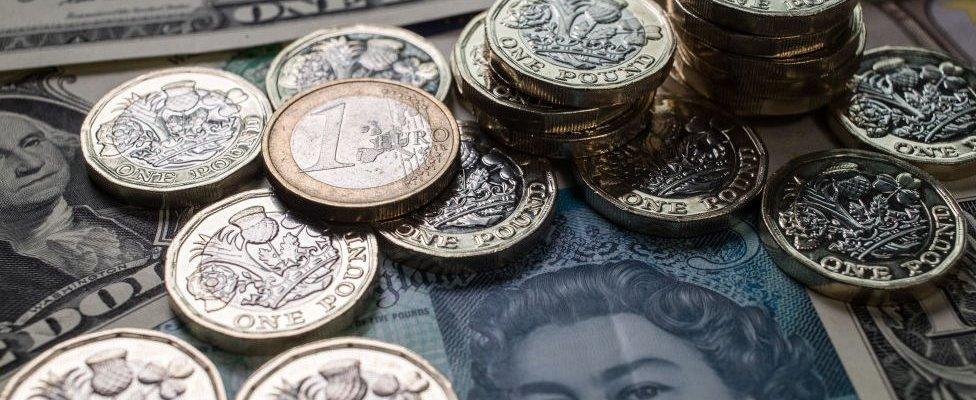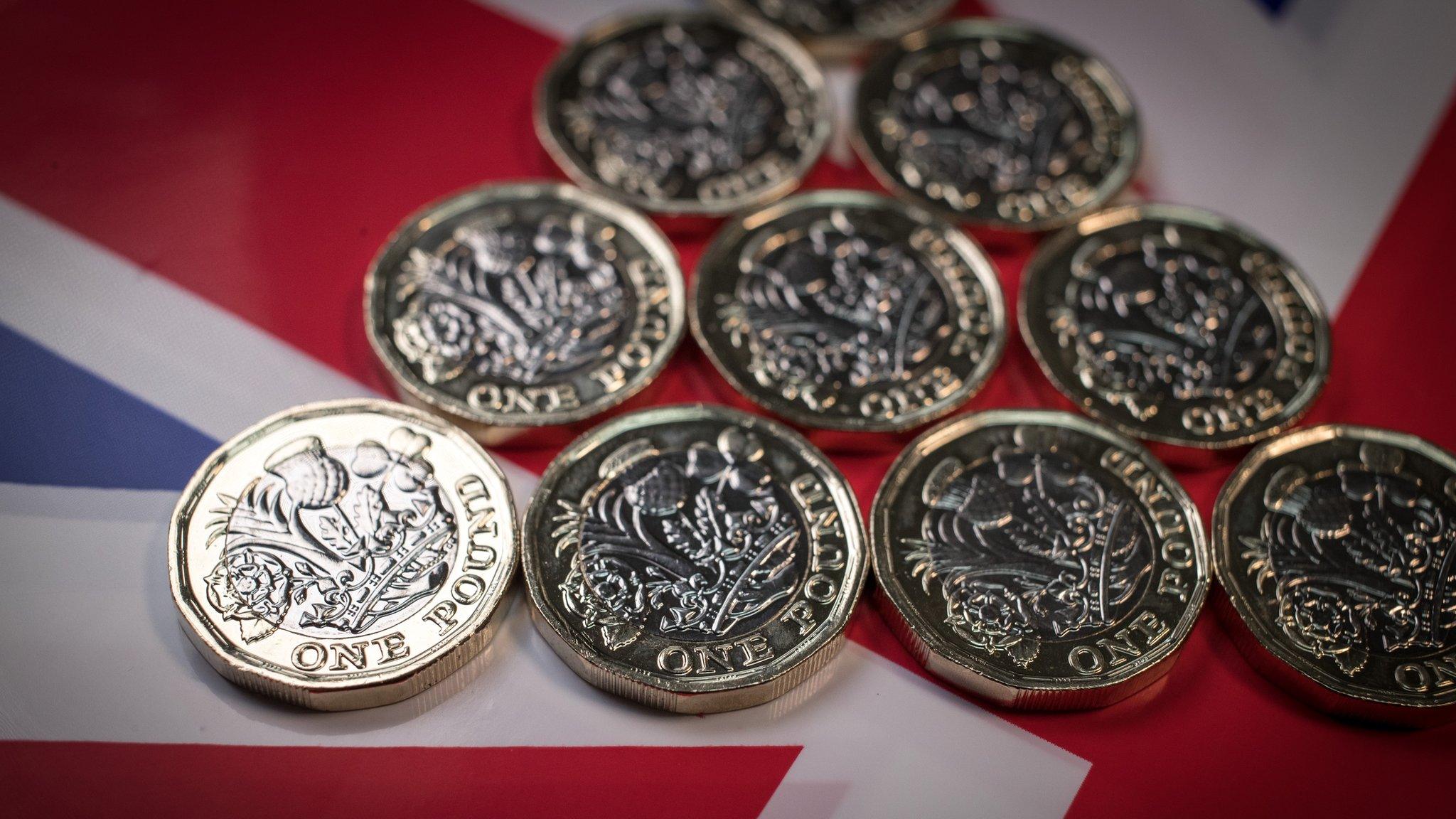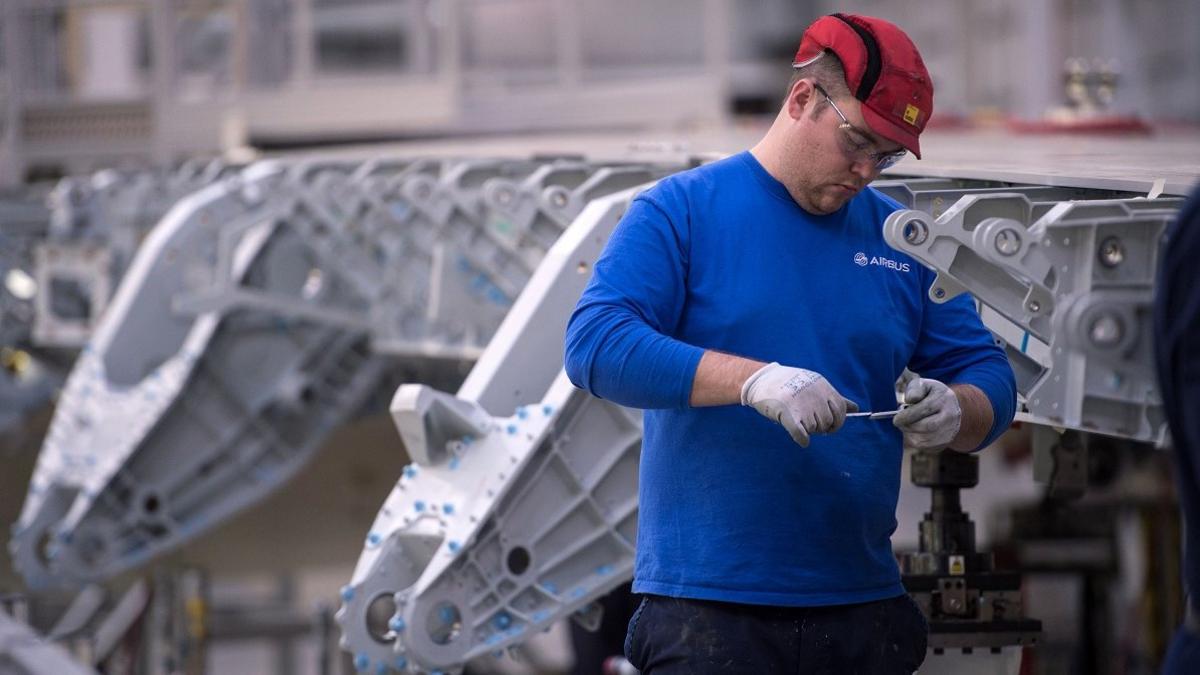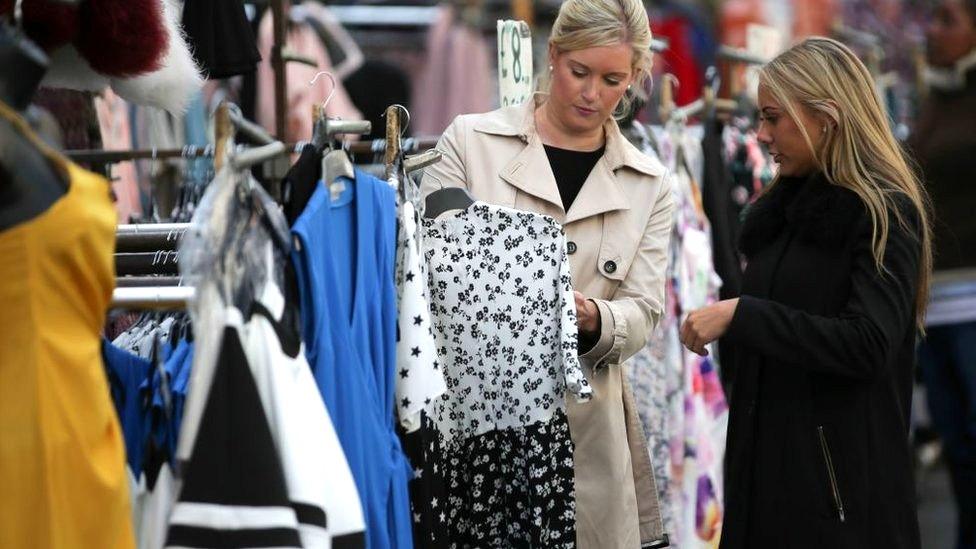Pound jumps as Bank of England hints at rate rise
- Published
- comments
Mark Carney suggests interest rates may change in the coming months
The Bank of England has said that higher inflation and a pick up in growth could lead to a rate hike in "the coming months".
Members of the Bank's nine-strong Monetary Policy Committee voted 7-2 to keep interest rates on hold at 0.25%.
But the committee was talking in much stronger terms about an increase, analysts said.
The pound climbed more than 1% against the dollar to $1.3363 after the Bank's announcement.
Bank of England Governor Mark Carney said: "The majority of members of the Monetary Policy Committee, myself included, see that that balancing act is beginning to shift, and that in order to... return inflation to that 2% target in a sustainable manner, there may need to be some adjustment of interest rates in the coming months.
"Now, we'll take that decision based on the data. But yes that possibility has definitely increased."
In minutes of its latest rates decision, external, the Monetary Policy Committee (MPC) said there was a "slightly stronger picture" for the economy since its forecasts last month thanks to signs of a firmer housing market, stronger employment and a rebound in retail and new car sales.
The nine policymakers on the panel believed "some withdrawal of monetary stimulus was likely to be appropriate over the coming months".
Rhetoric 'ratcheted up'
The Bank reiterated that rates may need to rise by more than expected in financial markets.
Samuel Tombs, chief UK economist at Pantheon Macroeconomics, said the MPC had "ratcheted up" its rhetoric surrounding a rate rise.
Paul Hollingsworth, UK economist at Capital Economics, said the MPC could increase interest rates in November.
"If the economy continues to hold up, and there are clearer signs that wage growth is building, then the first hike could come somewhat earlier than we had previously envisaged, possibly as soon as the next meeting in November alongside the Inflation Report," he said.
However, some analysts were more sceptical.
James Athey, investment manager at Aberdeen Standard Investments, said: "There's some fairly strong rhetoric today implying that the Bank could raise rates earlier than people expected.
"They're doing this because they want financial markets to support sterling since this would help deal with the current bout of inflation.
"But the reality is that they aren't going to raise rates particularly soon. So they're playing a game of chicken with financial markets and will keep this up as long as they can."

Analysis: Andy Verity, BBC economics correspondent

At first blush the decision of the Bank of England's Monetary Policy Committee could be construed as dull.
Its members have now met 97 times since rates were cut to an 'emergency' low in March 2009.
And 96 of those resulted in no change in interest rates. You can't even get excited by the number of votes in favour of raising rates: it was two, just like last time.
But buried in the notes that accompanies their decision are two things that woke the currency markets up.
One is that the Bank now judges that inflation will peak above 3% (it previously said below that figure).
The other is the following, couched in tortuously cautious central banker's language: "Monetary policy could need to be tightened by a somewhat greater extend over the forecast period than current market expectations… some withdrawal of monetary stimulus is likely to be appropriate over the coming months."
In other words, the MPC does not agree with those economists who think rates don't need to rise until 2019 or 2020.
This morning, traders in the City viewed a rate rise as more likely than not by February, now they expect it by December.

Inflation bump
Meanwhile, the inflation rate is rising faster than the Bank's policymakers had expected just a month ago.
The inflation rate hit 2.9% last month, and the Bank expects it to rise above 3% in October, well above its 2% target level.
Two members of the Bank's rate setting committee, Ian McCafferty and Michael Saunders, voted for the third meeting in a row to increase rates, arguing that inflation would continue to overshoot the target and a move now would prevent a sharper rise.
The rest of the nine-strong committee, including Mr Carney, voted to keep rates on hold, saying that business investment, consumer confidence and consumption remained weak.
The Bank pinned the blame for the rise in inflation on the fall in sterling since the Brexit referendum, which has made imports more expensive.
Since the MPC's last meeting, the Bank said the pound had fallen by 1% against the currencies of its main trading partners.
The Bank also said the rising price of oil was adding to inflationary pressures.
- Published14 September 2017

- Published13 September 2017

- Published12 September 2017
